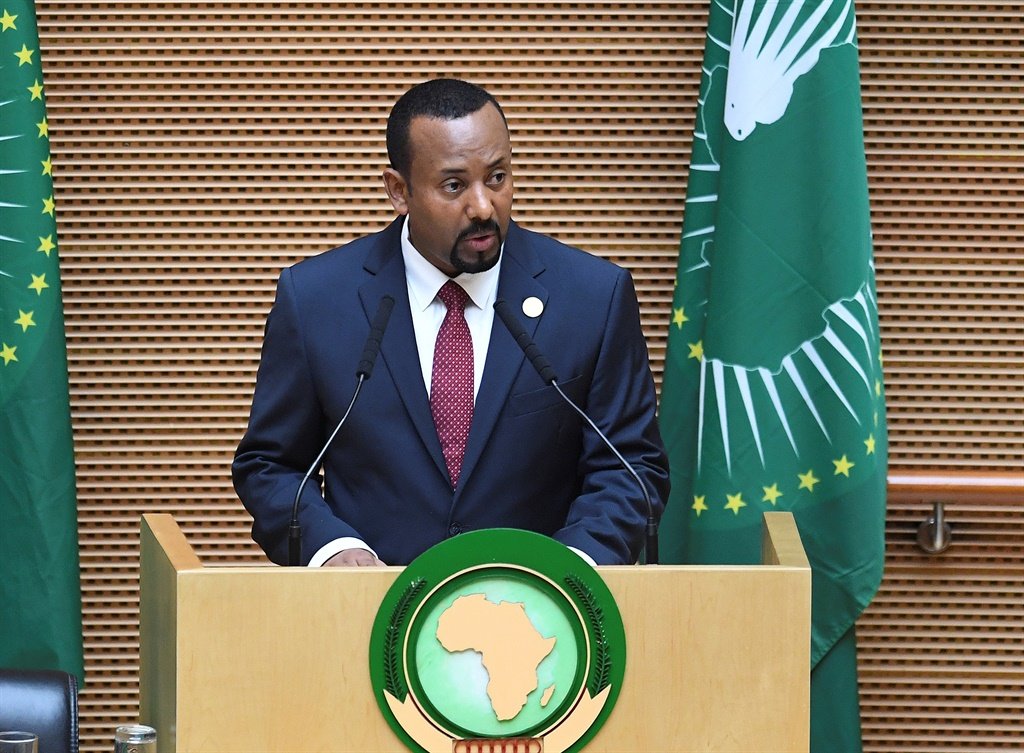
Historically international public health discussions were apolitical but now the Ethiopian government has chosen to see access to public health information as a political tool. Local research assets of Mekelle University in Tigray are continuing collecting data on famine, disease, climate, and agriculture in international collaborative working bodies which is necessary to formulate strategy to prevent potentially the death of millions. The Ethiopian government has made no efforts to collect such vital data. Instead it is mounting a hostile response to block any such endeavors and forbid any publication by any means. Ethiopia and some other like minded authoritarian regimes want to control all information of any kind that comes out of Ethiopia as noted in the recent African Union summit this week. High impact scientific journals in the United States and Europe have received severe warnings and threats. This new censorship by Ethiopian authorities was brought to light in discussions at a symposium Health Crisis of War: Making War a Priority Health Agenda at the Medical University of South Carolina this week.
Formalized international cooperation between the nations of the world first started in 1922 with the League of Nations Health Organization leading to current World Health Organization in 1948 with formation of the United Nations. With this new agreement to international cooperation the world hoped epidemics and disease outbreaks could be reduced. The field of public health was defined as the science of protecting the safety and improving the health of communities through education, policy making and research for disease and injury prevention. One of the driving principles is that public health is ideally evidence-based and driven by medical knowledge without attention to international relations and avoiding political discussions.
Within the public health community there has always been some controversy about how to separate discussions of public policy regarding health and politics. International cooperation has always been present because of the reality that developed countries have advanced and sophisticated resources lacking in developing countries. A basic tenant of providing objective information freely available to all was always present. Hiding the realities of suffering in war ravaged Tigray and other areas of Ethiopia is unjustifiable by any moral standard.

